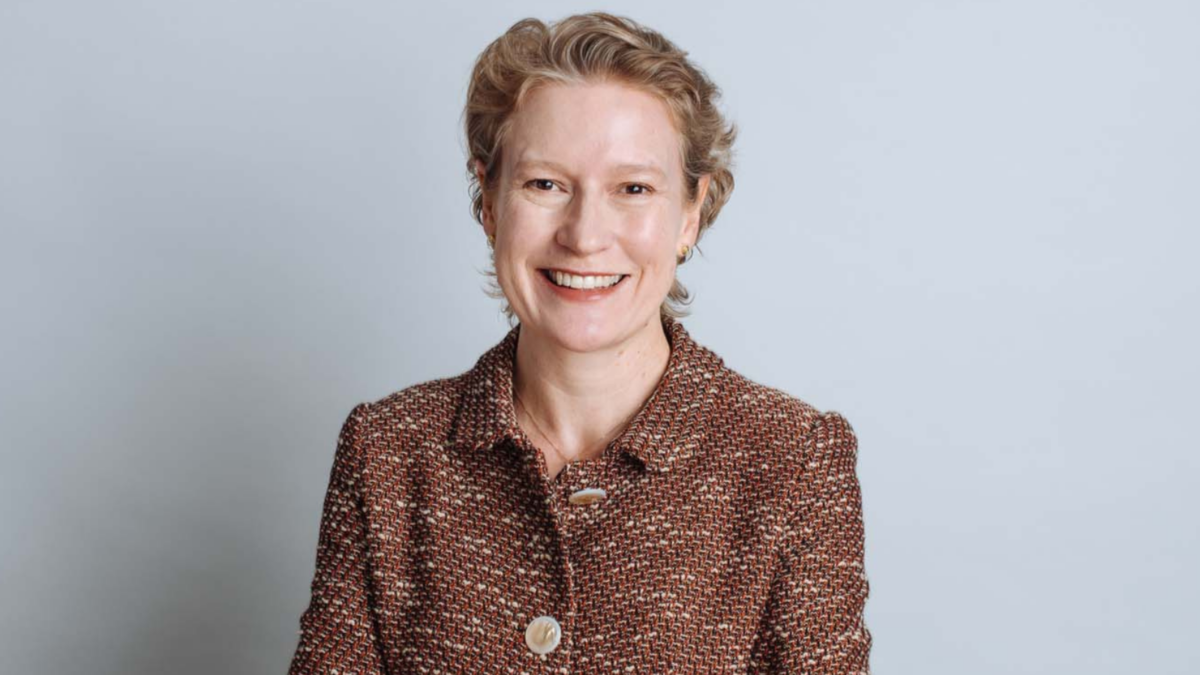Aussie shares lag despite NZ managers piling in
The December quarter saw some sharp reversals in New Zealand fund manager rankings as asset allocation calls were answered during a hectic period for markets, according to the latest survey by asset consultant Melville Jessup Weaver (MJW).
Most notably in the KiwiSaver space, the government-owned Kiwi Wealth scheme jumped from bottom-dwelling over the one-year period to top or podium finishes in all three of the risk categories it competes in – primarily due to the manager’s heavy weighting to international shares, winner of the best-performance in an asset class for the December 2016 quarter.
Conversely, KiwiSaver managers with high exposure to New Zealand shares – which fell 6.4 per cent in the December quarter as global equities rose 6.2 per cent on an unhedged basis – suffered over the three-month period.
“For example, Milford’s Active Growth fund (which has 58% in domestic shares and just 10% in global shares) fell 0.9% over the quarter, while KiwiWealth (which has almost all of its equities invested offshore) rose 4.3%,” the MJW survey says. “This dynamic, of course, reverses when longer term returns are considered. Milford is first in its group over five and nine year periods.”
AMP also staged a comeback in all of the KiwiSaver risk profiles measured by MJW, particularly in the conservative sector where its almost $1.3 billion default fund was one of only two to report a positive return over the quarter.
For NZ wholesale investors, because Australian shares rose strongly over the quarter, reversing a long-standing trend versus the NZX and bringing both markets close to parity for the 12-month period, NZ managers with a higher Australioan exposure did relatively well last year.
“The S&P/NZX 50 has returned 10.1% compared to the S&P/ASX 200’s 9.2% (NZ dollar terms),” the MJW survey says. “With that said, the Australian share market does have some way to go to catch up to the NZX. The three-year figures show a difference of almost 10% pa between the two.”
Rising bond yields were, though, the most significant factor for investment markets over the previous three months, according to the MJW report, authored by investment consultant, Ben Trollip.
The NZ fixed income index dropped 3.4 per cent in the December quarter as global bond benchmark (fully-hedged) fell 2 per cent over the period.
While yields have been climbing steadily over the year, the election of US president Donald Trump – and the expectation he will stoke inflation – accelerated the trend. The benchmark US 10-year Treasury yield jumped more than 40 per cent over six weeks late in 2016, rising from 1.8 per cent on US election day to 2.6 per cent as at December 15.
“While these losses in fixed income were painful, longer term results remain healthy,” the MJW report says. “Even allowing for the December quarter, the domestic and global bond indices have returned 5.5% pa and 7.1% pa respectively over the last three years – well above the result from cash (3.1% pa).
“We may well be at a turning point for yields but the bond bears should hold off their gloating just yet.”
– David Chaplin, Investment News NZ









